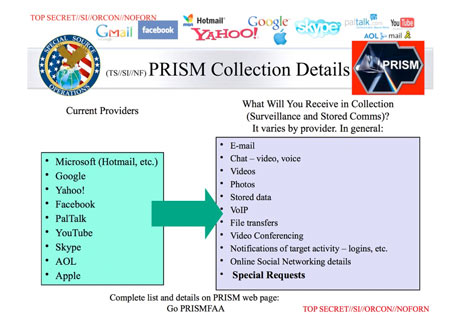“Deception is a state of mind and the mind of the State.”
— James Jesus Angleton, chief of CIA counterintelligence, 1954 – 1975
On 28/10/2013 the British Prime Minister defended the mass-surveillance programs by his intelligence services, “who do such important work to keep our country safe“. David Cameron criticised the publication of “damaging material” and warned that, “it is much better to appeal to newspapers’ sense of social responsibility. However, if they do not demonstrate some social responsibility, it will be very difficult for the Government to stand back and not to act.“
More than 60 years ago George Orwell wrote about a fictitious future British society, where all subjects would be kept under constant indoctrination and surveillance by “telescreens” – devices which operate 24/7 as both televisions and security cameras. The government would justify these actions as imperative security measure in a state of war.
A work of fiction becomes reality
